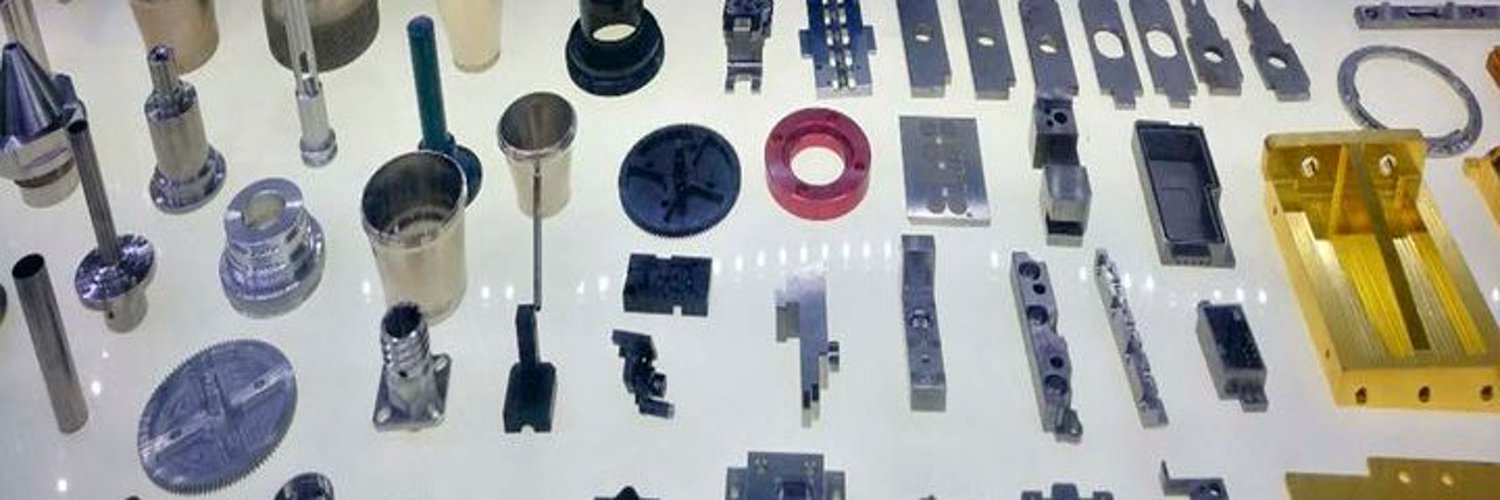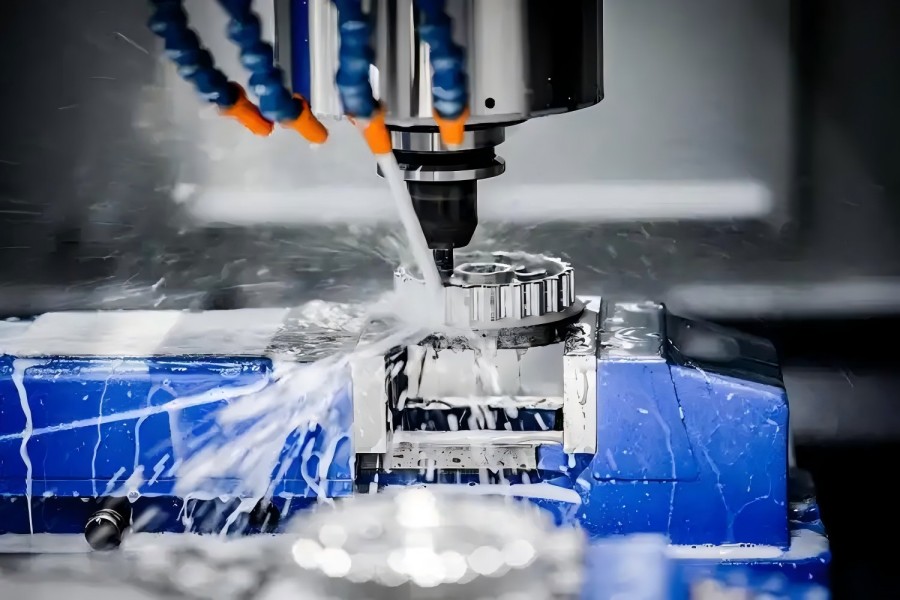News Categories
Contact Us
020-86988980
- Guangzhou Sinoth Import and Export Co., LTD
Tel: 020-8968-8980
Website:www.gzsynoth.com
Email: belinda@dginfa.com(24 hours online)
Phone: +86 189 2740 6786
Address: No 5, Jinshi Three Street, Shiling Town, Huadu District,Guangzhou City, Guangdong Province
News
Current Location:Home > News > Industry information
Exploring AI in Manufacturing
Add Time:2025-08-20
Artificial intelligence (AI) is playing an increasingly important role in the manufacturing industry, bringing about significant changes and improvements. Here is an exploration of AI in manufacturing:
Applications of AI in Manufacturing
- Predictive Maintenance: AI can analyze sensor data from machinery to predict potential failures before they occur. For example, car manufacturers use predictive maintenance for assembly line robots, which greatly reduces unplanned downtime and saves costs.
- Quality Control: Based on AI's computer vision systems can detect defects in parts and finished products with high precision. General Motors has deployed an AI inspection system developed by UVeye, which can scan vehicle damage or maintenance issues with an accuracy rate of over 90%.
- Generative Design: AI - driven generative design technology can explore a large number of different design schemes according to parameters such as materials and manufacturing constraints. For instance, Ford uses AI - driven generative design tools to develop lighter and safer body structures.
- Customized Manufacturing: AI enables manufacturers to achieve mass - customized production. By integrating AI into the design process, companies can quickly adjust designs according to real - time consumer feedback. For example, clothing manufacturers use AI algorithms to create personalized products.
- Supply Chain Management: AI optimizes the supply chain by analyzing large - scale data to predict demand, manage inventory, and streamline logistics. Food manufacturers use AI to optimize the supply chain, predicting seasonal demand changes and efficiently managing resources.
Advantages of AI in Manufacturing
- Improve Production Efficiency: AI tools can analyze vast amounts of data to suggest design optimizations and improve overall production efficiency. In the production line, AI systems can learn from ongoing processes, improving both the speed and quality of output without human intervention.
- Reduce Costs:Predictive maintenance reduces downtime and maintenance costs, and AI - enabled quality control reduces rework costs. At the same time, AI can optimize energy consumption and labor management, thereby reducing overall production costs.
- Enhance Product Quality: AI - based computer vision systems can detect defects with high precision, and AI
- driven production processes can ensure more stable product quality, meeting higher - standard customer requirements.
Challenges of AI in Manufacturing
- Data Quality and Isolation: AI relies on a large amount of sensor and production data, but these data are often scattered in different factory systems, and enterprises need to invest in data integration and real - time pipeline construction.
- Safety and Reliability:Any AI that controls physical processes needs to be strictly tested to prevent accidents. In addition, industry - specific regulatory requirements mean that AI systems must be verified and interpretable.
- Employee Skill Upgrades:Production line workers and engineers need to be trained to work with AI and interpret its output.
Applications of AI in Manufacturing
- Predictive Maintenance: AI can analyze sensor data from machinery to predict potential failures before they occur. For example, car manufacturers use predictive maintenance for assembly line robots, which greatly reduces unplanned downtime and saves costs.
- Quality Control: Based on AI's computer vision systems can detect defects in parts and finished products with high precision. General Motors has deployed an AI inspection system developed by UVeye, which can scan vehicle damage or maintenance issues with an accuracy rate of over 90%.
- Generative Design: AI - driven generative design technology can explore a large number of different design schemes according to parameters such as materials and manufacturing constraints. For instance, Ford uses AI - driven generative design tools to develop lighter and safer body structures.
- Customized Manufacturing: AI enables manufacturers to achieve mass - customized production. By integrating AI into the design process, companies can quickly adjust designs according to real - time consumer feedback. For example, clothing manufacturers use AI algorithms to create personalized products.
- Supply Chain Management: AI optimizes the supply chain by analyzing large - scale data to predict demand, manage inventory, and streamline logistics. Food manufacturers use AI to optimize the supply chain, predicting seasonal demand changes and efficiently managing resources.
Advantages of AI in Manufacturing
- Improve Production Efficiency: AI tools can analyze vast amounts of data to suggest design optimizations and improve overall production efficiency. In the production line, AI systems can learn from ongoing processes, improving both the speed and quality of output without human intervention.
- Reduce Costs:Predictive maintenance reduces downtime and maintenance costs, and AI - enabled quality control reduces rework costs. At the same time, AI can optimize energy consumption and labor management, thereby reducing overall production costs.
- Enhance Product Quality: AI - based computer vision systems can detect defects with high precision, and AI
- driven production processes can ensure more stable product quality, meeting higher - standard customer requirements.
Challenges of AI in Manufacturing
- Data Quality and Isolation: AI relies on a large amount of sensor and production data, but these data are often scattered in different factory systems, and enterprises need to invest in data integration and real - time pipeline construction.
- Safety and Reliability:Any AI that controls physical processes needs to be strictly tested to prevent accidents. In addition, industry - specific regulatory requirements mean that AI systems must be verified and interpretable.
- Employee Skill Upgrades:Production line workers and engineers need to be trained to work with AI and interpret its output.



